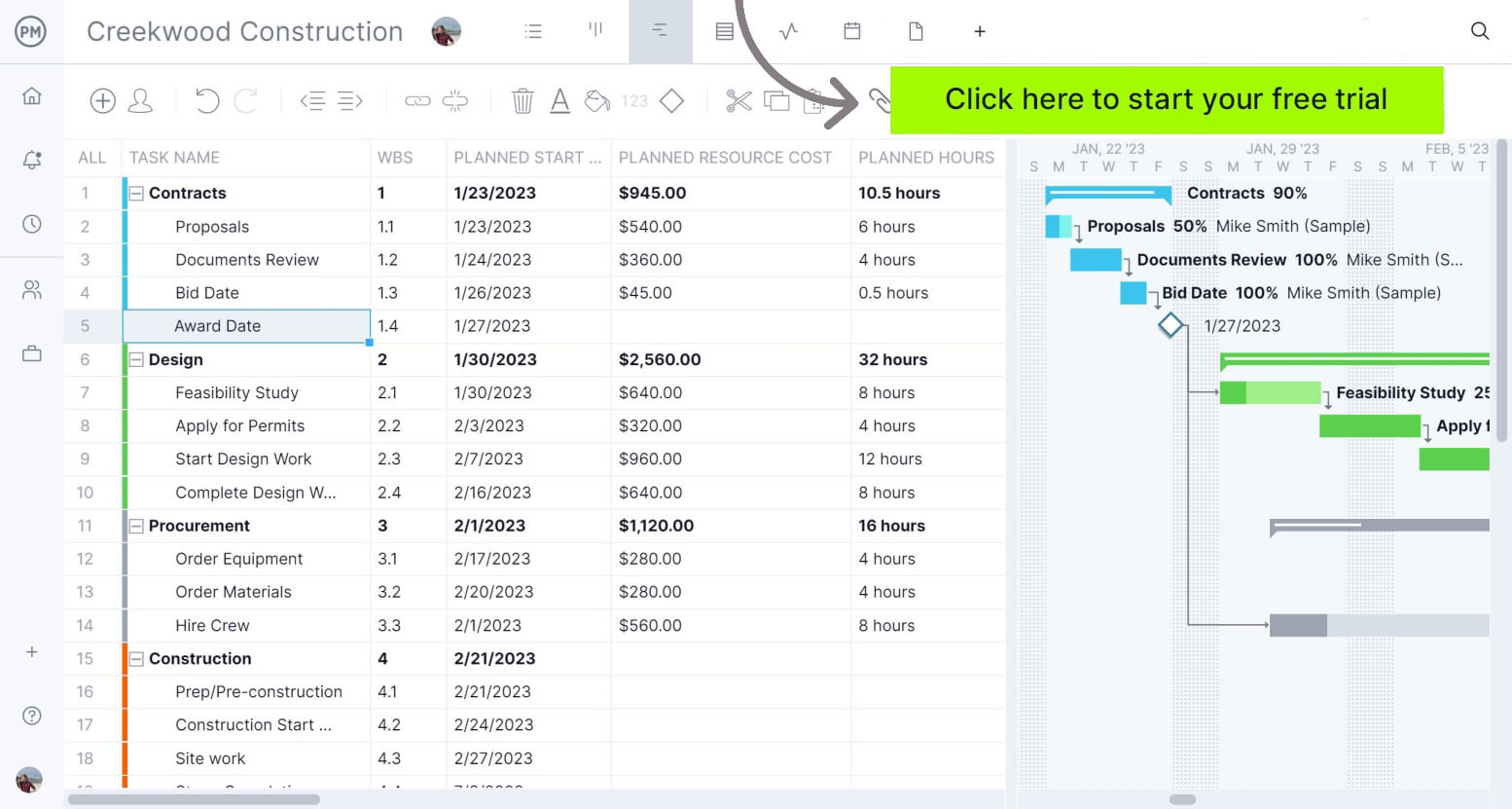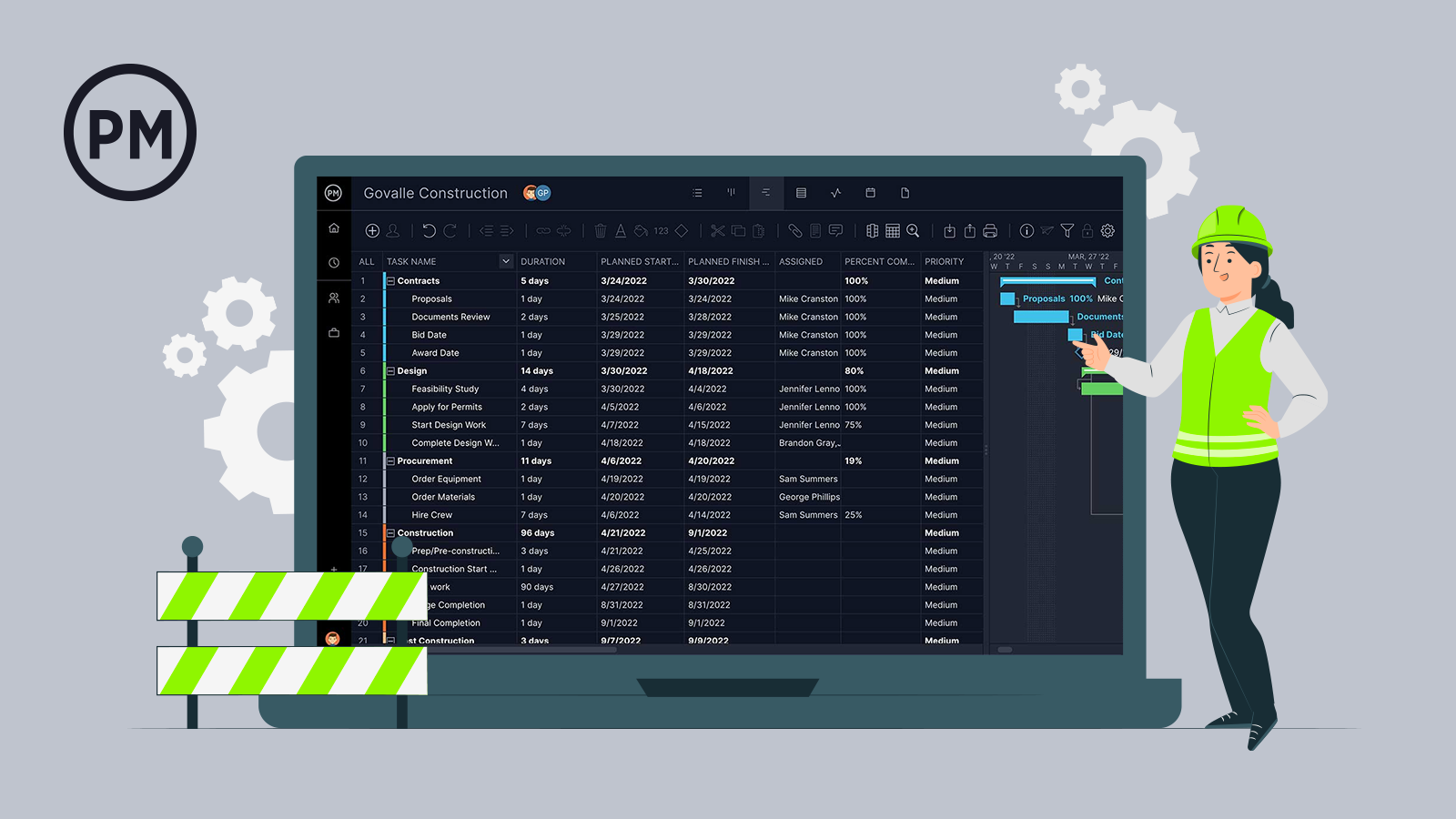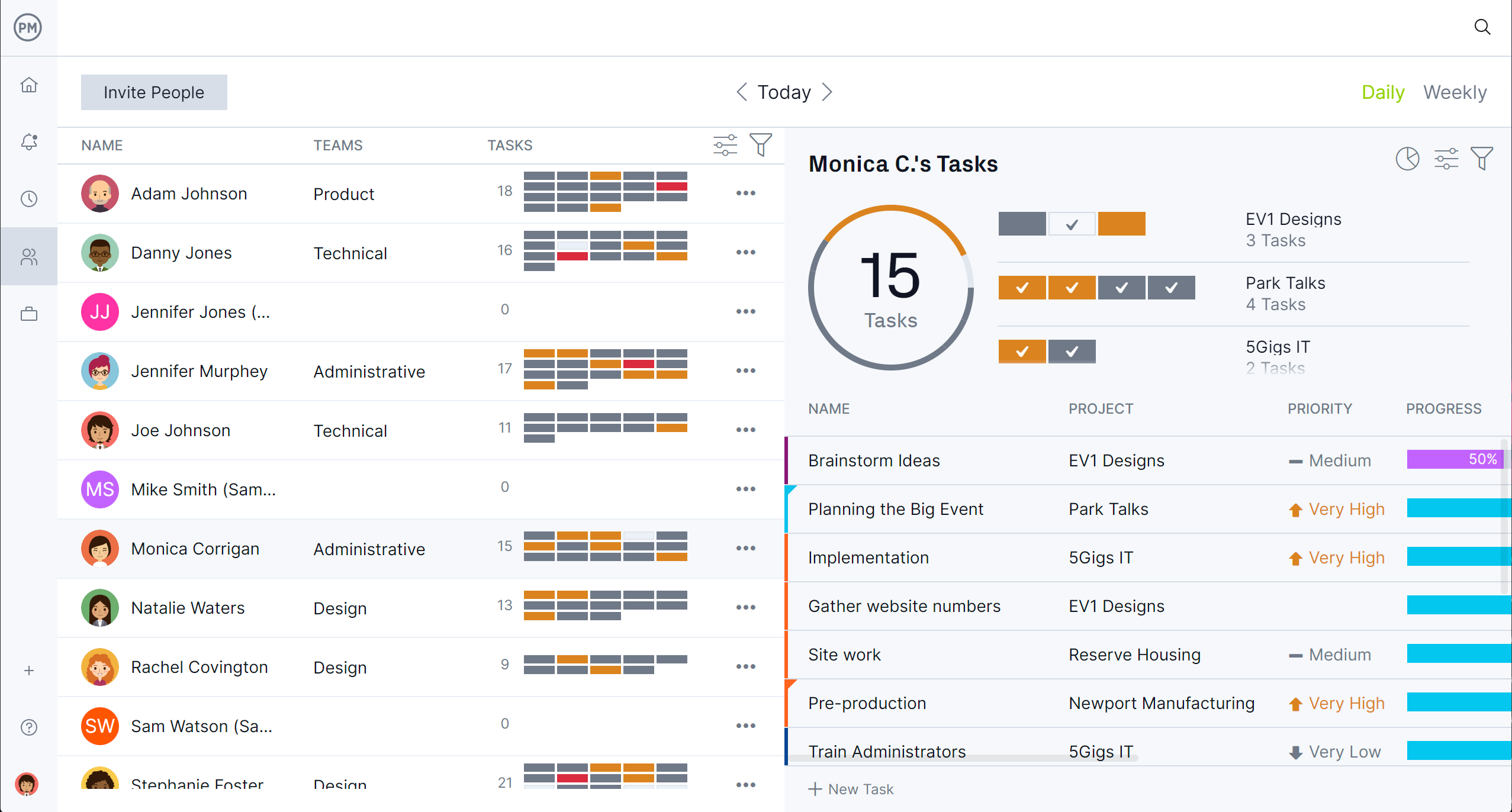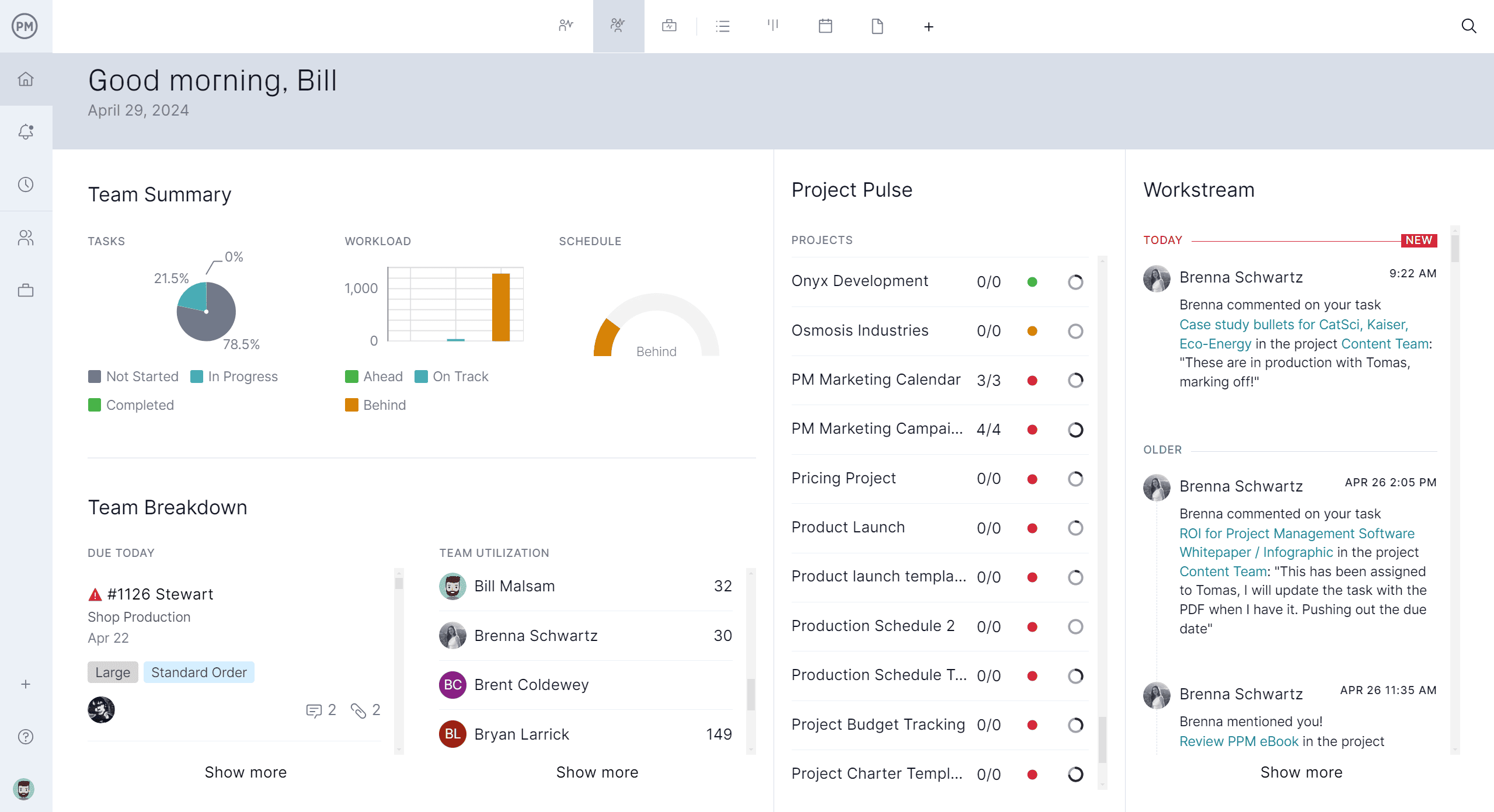A construction scheduler plays a central role in keeping building projects organized and moving forward. They are responsible for developing realistic schedules that account for timelines, resources and dependencies across multiple tasks. The success of any construction project depends on how well the schedule is planned and maintained, which makes this role critical to meeting deadlines and delivering quality results. The construction scheduler works closely with project managers, contractors and stakeholders to ensure that every detail is accounted for and communicated clearly.
Because construction projects often involve many moving parts, a construction scheduler must anticipate potential delays and adjust plans accordingly. They monitor progress, track performance and keep all teams aligned with the project’s goals. Their work helps prevent cost overruns, reduces downtime and ensures that resources are used efficiently. By bridging planning with execution, the construction scheduler provides the visibility and coordination that keeps projects on track from start to finish.
What Is a Construction Scheduler?
A construction scheduler is the professional responsible for creating, maintaining and adjusting schedules for construction projects. They ensure that every phase of work is properly sequenced and resourced to avoid delays and disruptions. By mapping out tasks, dependencies and timelines, the construction scheduler helps align contractors, subcontractors and suppliers to meet project goals efficiently. Their role is vital for coordinating multiple teams and ensuring the project runs smoothly.
In addition to planning timelines, a construction scheduler continuously monitors progress and makes updates as conditions change. Weather events, material shortages and labor challenges can affect delivery dates, so having someone dedicated to adjusting schedules keeps the project on track. Construction schedulers serve as a communication hub, ensuring stakeholders understand current timelines and any impacts that changes may cause. Their ability to analyze, update and communicate schedules is key to preventing costly delays.
Project management software is the best tool for a construction scheduler because it centralizes project data, streamlines communication and automates updates. Instead of manually tracking progress across spreadsheets, schedulers can instantly update task completion, reassign resources and see real-time impacts on the timeline. This reduces errors and ensures that decision-making is based on accurate and current information. With reporting features, schedulers can quickly share updates with stakeholders, improving transparency and accountability.
ProjectManager is an ideal solution for construction schedulers, especially with its powerful Gantt chart feature. Unlike static schedules, ProjectManager’s Gantt charts let users link all four types of task dependencies, highlight the critical path and set baselines to track variance in real time. This means schedulers can immediately see how changes affect deadlines and adjust accordingly.
Combined with multiple project views, workload management tools and real-time dashboards, ProjectManager provides the flexibility and depth construction schedulers need to manage complex projects successfully. Get started with ProjectManager today for free.

Construction Scheduler Responsibilities
A construction scheduler job description often covers a mix of planning, coordination and monitoring tasks. These responsibilities ensure that projects stay on schedule, resources are used efficiently and teams are aligned with the project plan. Below are some of the key responsibilities of a construction scheduler:
- Develop and maintain detailed construction project schedules
- Identify task dependencies and sequence work effectively
- Coordinate schedules with contractors, subcontractors and suppliers
- Monitor progress and adjust schedules as needed
- Communicate timeline updates and changes to stakeholders
- Track resource allocation and ensure the availability of labor and materials
- Forecast potential delays and propose mitigation strategies
- Prepare reports on schedule performance for project managers
- Ensure compliance with safety regulations and project standards
- Support project management in meeting deadlines and budget goals
Construction Scheduler Skills
To perform their role effectively, construction schedulers need a combination of technical, organizational and interpersonal skills. These skills enable them to manage complex projects and coordinate multiple teams efficiently. The following are essential skills for a construction scheduler:
- Proficiency in project scheduling and management software
- Strong time management and organizational abilities
- Attention to detail and accuracy
- Analytical thinking and problem-solving
- Effective communication and collaboration skills
- Ability to anticipate and manage risks
- Knowledge of construction processes and industry standards
- Flexibility to adapt schedules to changing conditions
- Leadership and team coordination
- Ability to generate clear and concise reports for stakeholders

Get your free
Construction Schedule Template
Use this free Construction Schedule Template to manage your projects better.
Get the Template
Construction Scheduler Job Description Example
A construction scheduler job description provides clarity on the role, responsibilities, required skills and qualifications for anyone considering this position. It helps organizations outline expectations and assists candidates in understanding what is needed to succeed. Below is a detailed example of a typical construction scheduler job description.
Role Description
- Develop and manage construction project schedules to ensure timely completion
- Coordinate tasks, resources and teams across multiple phases of a project
- Serve as a communication link between project managers, contractors and stakeholders
- Monitor progress and adjust plans to mitigate potential delays
Construction Scheduler Responsibilities
- Create detailed schedules outlining tasks, dependencies and timelines
- Track project progress and make necessary schedule adjustments
- Communicate updates and changes to relevant teams and stakeholders
- Coordinate with subcontractors, suppliers and internal departments
- Forecast potential delays and implement mitigation strategies
- Ensure resources, including labor and materials, are allocated efficiently
- Maintain compliance with safety and quality standards
- Generate progress reports for project managers and leadership
- Assist in budget tracking related to project schedules
- Support continuous improvement initiatives in scheduling processes
Related: How Construc Uses ProjectManager for Time Tracking & Project Estimation
Desired Construction Scheduler Skills
- Proficiency in project management and scheduling software
- Strong organizational and time management skills
- Analytical thinking and problem-solving abilities
- Effective communication and collaboration skills
- Attention to detail and accuracy in planning
- Leadership and team coordination abilities
- Knowledge of construction processes and industry standards
- Ability to manage multiple projects simultaneously
- Adaptability to changing project conditions
- Ability to generate clear and concise reports
Construction Scheduler Education & Qualifications
- Bachelor’s degree in construction management, civil engineering or related field
- Certification in project scheduling or project management preferred
- Familiarity with construction software and scheduling tools
- Understanding of safety regulations and building codes
Preferred Experience
- 3–5 years of experience in construction scheduling or project coordination
- Experience managing complex construction projects with multiple stakeholders
- Proven track record of meeting project deadlines and maintaining quality standards
- Experience working with contractors, subcontractors and suppliers
- Background in resource allocation and budget management

Construction Scheduler Salary
The compensation for a construction scheduler varies based on experience, location and industry. Here’s an overview of average annual salaries reported by several reputable sources.
- Glassdoor: The average salary for a construction scheduler is approximately $91,069 per year. Salaries typically range from $72,127 to $116,074, with top earners reaching up to $143,623 annually.
- Salary.com: Reports an average annual salary of around $70,253, with an hourly rate of $34.
- PayScale: Indicates an average salary of $100,508, with a range from $64,000 to $149,000.
- ZipRecruiter: Estimates the average annual salary at $90,889, equating to about $43.70 per hour.
These figures highlight the competitive compensation for construction schedulers, reflecting the critical role they play in ensuring projects are completed on time and within budget.
ProjectManager Is the Perfect Tool for a Construction Scheduler
Construction schedulers need more than static spreadsheets to manage complex projects with multiple tasks, teams and deadlines. ProjectManager offers multiple construction project management views that give schedulers the flexibility to plan, organize and track work efficiently. From a task list to see detailed assignments, a kanban board to manage workflow, a sheet view for spreadsheet-style tracking or a calendar view for time-based planning, schedulers can easily switch perspectives to match their needs and get the full picture of the project at any moment.
Watch below to see how our customer Justin Smith from Construc revolutionized their business using ProjectManager.
Robust Resource Management and Cost Tracking
One of the biggest challenges for construction schedulers is balancing labor, materials and equipment while avoiding delays or budget overruns. ProjectManager solves this with workload charts that visualize team availability, allocation tools to prevent bottlenecks and cost-tracking features to monitor budgets in real time.
Schedulers can reassign resources instantly, track planned versus actual costs and ensure that materials and labor are optimized across tasks. These tools reduce the risk of overbooking, idle time and unforeseen expenses, helping construction projects stay on schedule and within budget.

Real-Time Project Management Dashboards and Reports
Tracking progress and communicating updates can be time-consuming and error-prone if relying on spreadsheets. ProjectManager provides real-time dashboards that automatically display task completion, costs, resource usage and upcoming deadlines. Schedulers can generate custom reports instantly to share with contractors, subcontractors or stakeholders.
This centralized data ensures that potential issues are identified early and decisions are made with accurate, up-to-date information. By giving construction schedulers full visibility into their projects, ProjectManager helps prevent delays, reduce miscommunication and keep every aspect of the build on track.

Related Construction Project Management Content
A construction scheduler is a key component of the broader construction project management process. For those who wish to learn more about this topic, please follow the links below. They lead to articles on the critical path method, material schedules and much more.
- Critical Path Method (CPM) in Construction: A Quick Guide
- How to Make a Material Schedule for Construction
- Delay Analysis in Construction: A Quick Guide
- Fragnet Schedule in Construction: Use Cases and How-to Guide
- Last Planner System in Construction Scheduling
- Time Impact Analysis in Construction
- Line of Balance Scheduling in Construction Projects
ProjectManager is online project and portfolio management software that connects teams, whether they’re in the office or out in the field. They can share files, comment at the task level and stay updated with email and in-app notifications. Get started with ProjectManager today for free.


